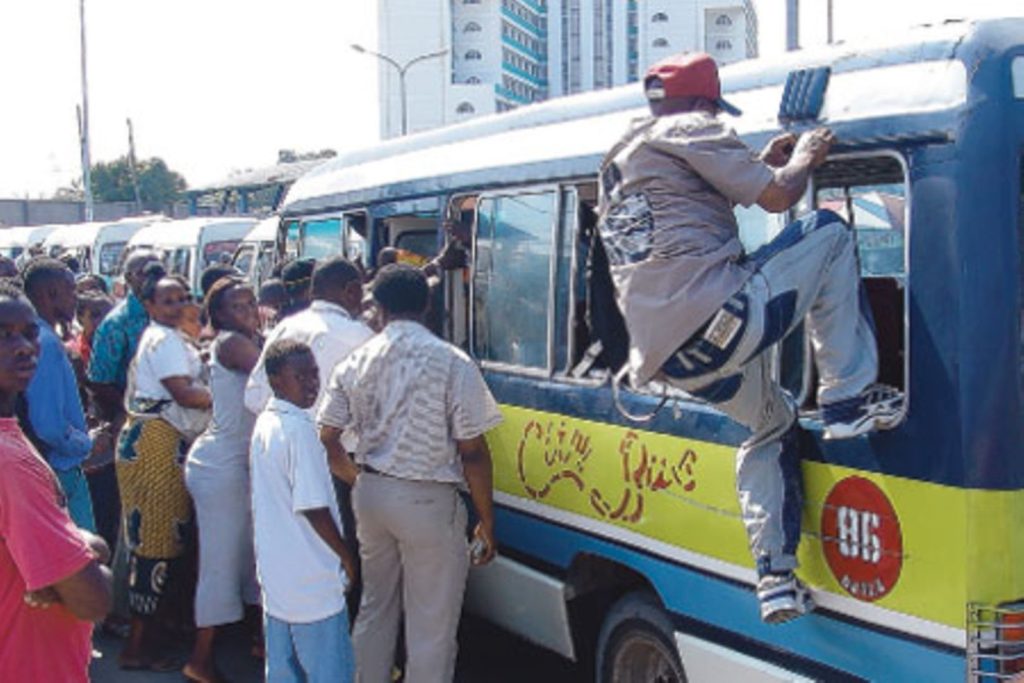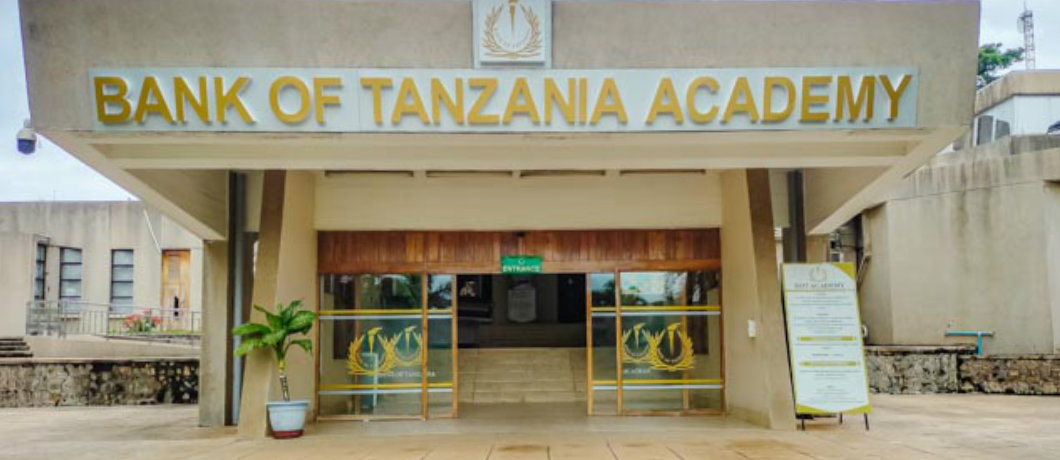Tanzania, renowned for its rich cultural heritage and stunning natural landscapes, attracts many domestic and international travellers each year. However, in recent times, travellers have been facing the challenge of a sudden rise in public transportation costs, which has become a cause for concern, affecting both residents and tourists.
One of the primary reasons for the increase in bus fares is the rising fuel cost. Tanzania heavily relies on imported fuel, and any changes in global oil prices directly impact the local market. In recent years, fuel costs have steadily increased, putting a strain on transportation providers who must cover their expenses. Consequently, bus operators have no choice but to pass on the additional costs to travellers, resulting in higher ticket prices.
Another contributing factor to the bus fare hike is the depreciation of the Tanzanian shilling. The country’s currency has declined against major international currencies, making imports more expensive. This includes spare parts, tires, and other components necessary for maintaining and operating buses. As a result, bus operators are forced to increase their fares to offset the rising costs of maintaining their vehicles.
Furthermore, Tanzania’s public transportation system faces inadequate infrastructure and maintenance challenges. The poor conditions of roads in some regions and the lack of regular maintenance add to the operating costs for bus operators. These additional expenses are reflected in increased ticket prices, further burdening travellers.
The increasing transportation costs in Tanzania have particularly affected low-income individuals who heavily rely on public transportation. For residents, the increase in Transportation costs can result in restricted mobility, making it harder for them to access essential services or commute to their workplaces.
Many individuals now face the dilemma of choosing between spending a substantial portion of their income on transportation or compromising their living standards.
Tourists, too, feel the pinch as higher transportation costs eat into their travel budgets, potentially limiting their exploration of the country’s various attractions. Tanzania is known for its diverse wildlife, beautiful national parks, and cultural heritage sites.
However, with bus fares continuously rising, some tourists may struggle to afford the transportation necessary to experience these attractions fully. This can lead to a decline in tourist footfall and subsequently affect the economy, as tourism is one of the significant contributors to the country’s GDP and job creation.
Beyond the direct impact on travellers’ wallets, the increase in bus fares also has broader social and economic implications. With reduced access to transportation, individuals may face challenges in accessing healthcare facilities, educational institutions, and employment opportunities. This can further exacerbate existing inequalities and hinder socio-economic development.
Solutions and Recommendations
The Tanzanian government must take necessary steps to alleviate the challenges posed by the bus fare hike. The following recommendations can be considered:
- Stabilizing fuel prices: The government should implement policies to stabilize fuel prices. This could include reviewing taxation structures and providing more significant incentives for alternative energy sources. Additionally, investing in local fuel production and exploring partnerships with neighbouring countries for fuel supply can help reduce the reliance on imported fuel and stabilize prices.
- Promoting infrastructure development: The government should prioritize infrastructure development, including improving road conditions and regular maintenance. This will reduce operating costs for bus operators and ensure safer and more comfortable journeys for travellers.
- Enhancing public transportation networks: The government should concentrate on developing efficient public transportation networks, such as expanding the availability and accessibility of buses, improving scheduling, and integrating various modes of transportation. This can help reduce the burden on travellers and promote sustainable mobility.
- Subsidies and financial assistance: The government should explore options for providing subsidies or financial assistance to low-income individuals who heavily rely on public transportation. This can help mitigate the impact of the fare hike and ensure that essential services remain accessible to all.
The increase in transportation costs in Tanzania has created a challenging situation for residents and tourists. Factors such as the rising cost of fuel, currency depreciation, and inadequate infrastructure have significantly contributed to the heightened fares. As travellers experience the pinch of these increased costs, the government needs to address this issue promptly.
Additionally, providing subsidies or financial assistance to low-income individuals can help alleviate the burden and promote social equity. By prioritizing these measures, Tanzania can continue attracting and catering to domestic and international travellers, contributing to the country’s socio-economic growth.




